Friendship, Race and Young Learners
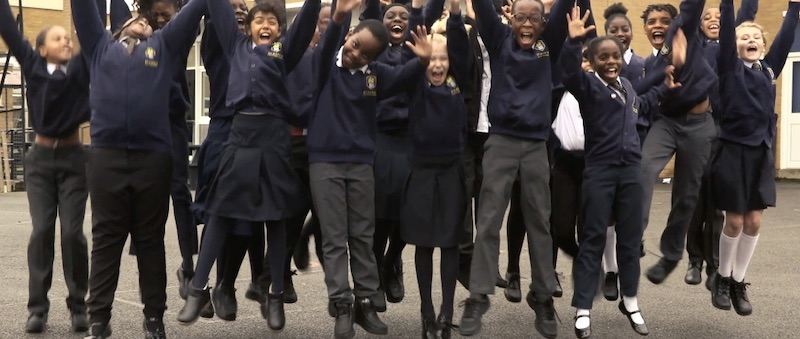
Dealing with Difference
When children are born they do not know anything about differences, everything they do and say are learned behaviours from those around them. In those early years, parents, extended family members and friends are a great sphere of influence for children as they begin to learn how to talk and behave.
Children are naturally curious and listen and watch others to make sense of the world and differing situations. They will replay what they have seen and use the words they have heard, as they do not know any different. This is why it is really important that we choose our actions and words carefully in these early stages of childhood.
Fiction for Understanding
As children start school, teachers become a great source of influence and the curriculum they engage with needs to be as diverse and holistic as possible. This includes the fiction that we expose children to and encourage to read. In her ‘Sophie Washington’ series, writer Tonya D Ellis provides an accessible and sympathetic voice to help children understand differences such as race and friendship.
Interview with Tonya D Ellis
We were able to talk to author Tonya D Ellis, author of the ‘Sophie Washington’ series, about her thoughts on writing for children about race and friendship.
LitFilmFest Tim: Hello Tonya, how are you?
Tonya Ellis: Hi, how are you doing Tim, I’m very well thank you, very well!
Tim: Tell us a little bit about yourself and what you’ve written.
Tonya: I’m an author from Houston Texas, a children’s middle grade author. The book we’ll be discussing today is book 10 in my ‘Sophie Washington’ chapter book series. It’s called ‘Sophie Washington: My BFF and this book talks about friendships between Sophie and her best friend Chloe.
Tim: What made you want to write a book about friendship?
Tonya: I started my series about three or four years ago with a book about Sophie and Chloe was her friend. They’ve been close throughout the series and I wanted to explore what would happen if there was a rift in that friendship relationship.
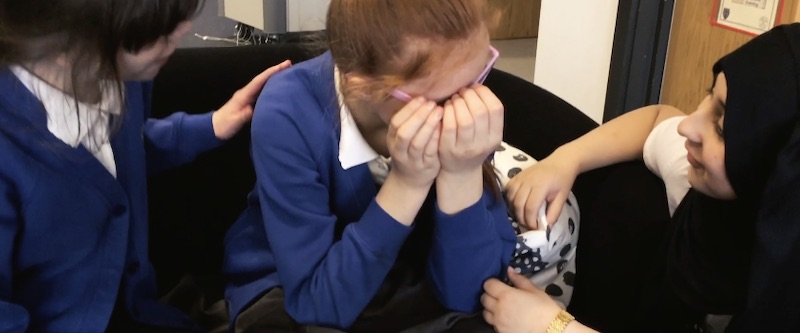
With tweens and kids of that age group, friendships are really important, so I thought it would be fun to explore that. They’re very fractious aren’t they; they join and break very quickly, and so it’s interesting to explore within fiction.
Tim: Is that something that you see as being very useful for children to understand or for a teacher to explore with their children?
Tonya: I think it’s very useful. It helps them explore their own relationships. In my book, Chloe’s kind of catty to Sophie; she makes fun of her, there’s a little bit even of cyber bullying going on, so these are issues that are important with kids of today.
Reading about someone else going through these experiences may help kids reflect on things going on in their own life and encourage them to talk about it with others.
Younger people may have feelings like Chloe, who is jealous of Sophie and so her feelings manifest in mean treatment of her best friend.That could make a child think “hey, maybe I should talk to my friend, maybe I shouldn’t show my emotions in this way.”
Quick-Fire Write challenge!
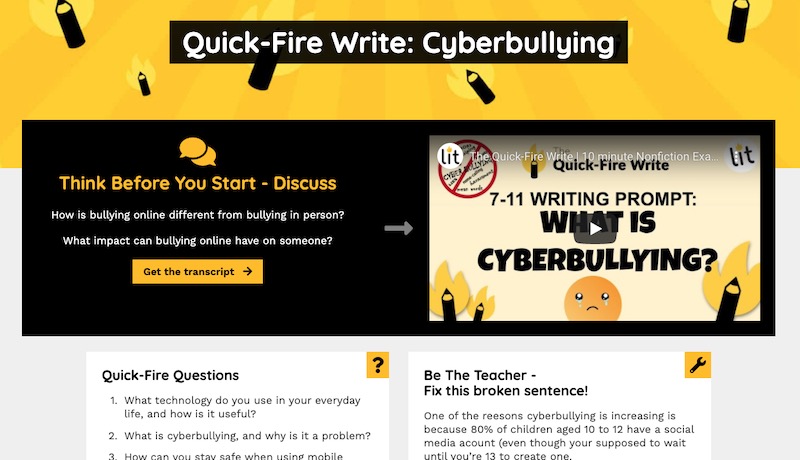
If you’d like to think more about friendship issues with your class, check out this Quick-Fire Write activity!
Tim: Do you have any writing tips to share? What was the writing process like for you?
Tonya: I started writing my books as a bedtime story for my kids. I noticed that none of the ones we were seeing had characters of colour, or much diversity, and that was my inspiration for writing these books. Houston, the community that I live in, is one of the most diverse cities in the United States; it’s a very unique interesting place to live so I wanted to show that in my books.
When I wrote the books I would get up maybe five or six in the morning each day because I was doing other work as well. My main tip would be to carve out that time and and write consistently, because for students, just like in sports or any other activity, you gain your skill through repetition and consistency.
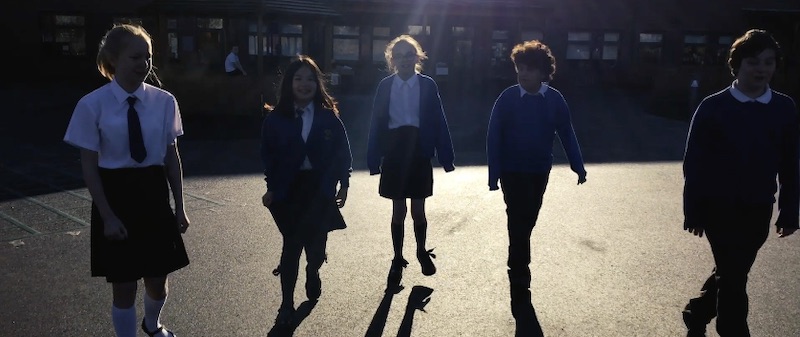
To become an expert at something you may need 10,000 hours of practice at that thing, and so my advice for any budding young writers out there would be to write maybe in a journal on a daily basis; you could even practice blogging.
Also reading is very important. I’m a ferocious reader, I love children’s books so I read a lot in that genre and that makes me comfortable with what is popular and what people who read those type books are looking for.
Tim: Why do you think it’s important to read about interracial friendships?
Tonya: So that we can understand other people. Because we’re living in a global world, a world where we’re all interconnected. There’s a lot of the unrest which comes about, in my opinion, because people don’t understand each other. They’re not familiar with differences, and so there’s distrust.
However, if we learn about each other, learn about people’s backgrounds and experiences, you may have more understanding when there are conflicts or disagreements.
Tim: What impact do you hope to see on the reader from your writing about friendship and race?
I hope that they see in this book Sophie gets into trouble because she is not true to herself. She’s trying to fit in with the other children and keep that friendship. She does things she shouldn’t do. I want readers to be encouraged to be true to themselves and to know that people need to like you for yourself and who you are and accept you as you are.
This book doesn’t specifically deal with race but all my books have characters from multicultural backgrounds, so they teach tolerance and acceptance of differences in others. I want them to take that away when they read, and to know that there’s different ways of doing things.
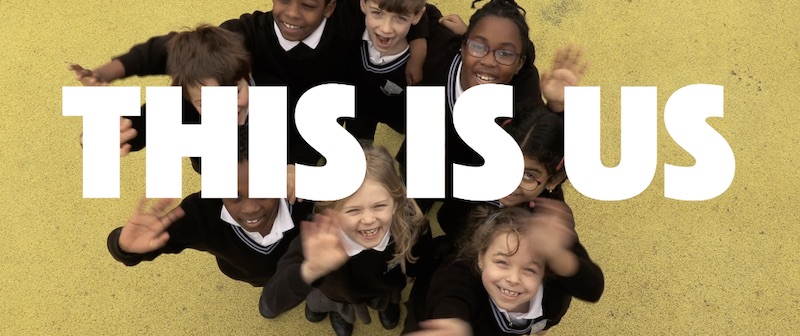
One character is Hispanic, her parents are immigrants and they eat churros, one in another book is an Indian character who does Bollywood dancing. I want them just to be exposed to that and introduced to other cultures.
There’s a psychologist named Rudine Sims Bishop who says “books should be mirrors, windows and sliding glass doors”. I want them to be mirrors where kids can see themselves, windows where others from different groups can learn about other children in other places, and sliding glass doors where they can feel like they’re entering and experiencing different cultures and lives.
Tim: Thank you Tonya for talking with us.
Tonya: Thank you so much for having me.
What next?
If you’re interested in exploring identify in the classroom, check out our poetry project ‘This Is Us’, created with Joseph Coelho.










